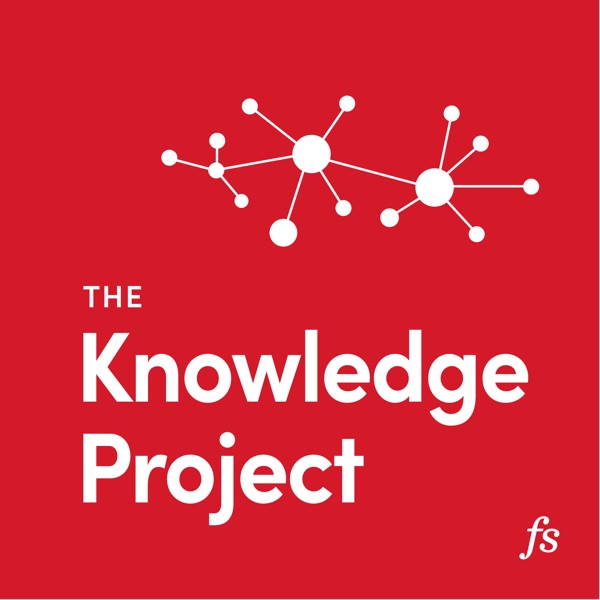About the Episode 🎙️
In this episode of The Knowledge Project podcast, host Shane Parrish sits down with Dr. David Sinclair, a tenured professor of Genetics at Harvard Medical School and an expert researcher in the field of longevity. They discuss various topics related to aging, including the process of aging, the role of diet and exercise, the importance of sleep, and the potential for extending human lifespan. Dr. Sinclair shares his insights and research findings on these subjects, providing valuable information for listeners interested in living a long and healthy life.
Key Takeaways 💡
- There is no biological limit to human lifespan, and by adopting an optimal lifestyle and taking certain supplements and drugs, it is possible to extend lifespan beyond the current average of 80 years.
- The Sirtuin genes play a crucial role in controlling the activation and deactivation of other genes, and their activation can be beneficial for longevity. Adversity or perceived adversity can activate these genes, and methods like fasting, exposure to hot and cold temperatures, and following a healthy Mediterranean diet can mimic this response.
- Intermittent fasting can have numerous health benefits, including improved metabolic stability, lower blood sugar levels, and better cholesterol profiles. The optimal fasting duration may vary for each individual, but a general guideline is to fast for at least 14 hours, with popular methods like the 16:8 approach or occasional three to four-day fasts.
- The timing of meals, rather than just the content, can significantly impact lifespan. Animal studies have shown that mice lived longer when fed within a specific one-hour window each day.
- Adopting a diet that promotes longevity involves focusing on plants for the majority of the diet, incorporating foods from the Mediterranean diet, eating organic and locally grown plants, and consuming foods in season. Drinking matcha tea can also have health benefits.
- Supplementation of certain molecules like NMM (nicotinamide mononucleotide) and resveratrol can increase NAD (nicotinamide adenine dinucleotide) levels, activate Sirtuin defenses, and promote longevity.
- Exercise, including joint-stretching exercises, weightlifting, and aerobic exercise, is recommended for longevity. Even small amounts of exercise can have significant benefits.
- Sleep is important for overall health, and disrupting the sleep-wake cycle can lead to premature aging. Finding ways to reduce psychological stress, having a sense of purpose, and maintaining good sleep health are crucial for longevity.
- Tracking and monitoring health using devices like fitness trackers and rings can help detect and prevent diseases before they occur. The use of FDA-approved devices like the bio button can also monitor patients' health remotely and predict potential health issues.
- There is ongoing research on age reversal and the potential benefits of supplements. The additive nature of interventions and the need for a holistic approach to optimize health and longevity are emphasized.
